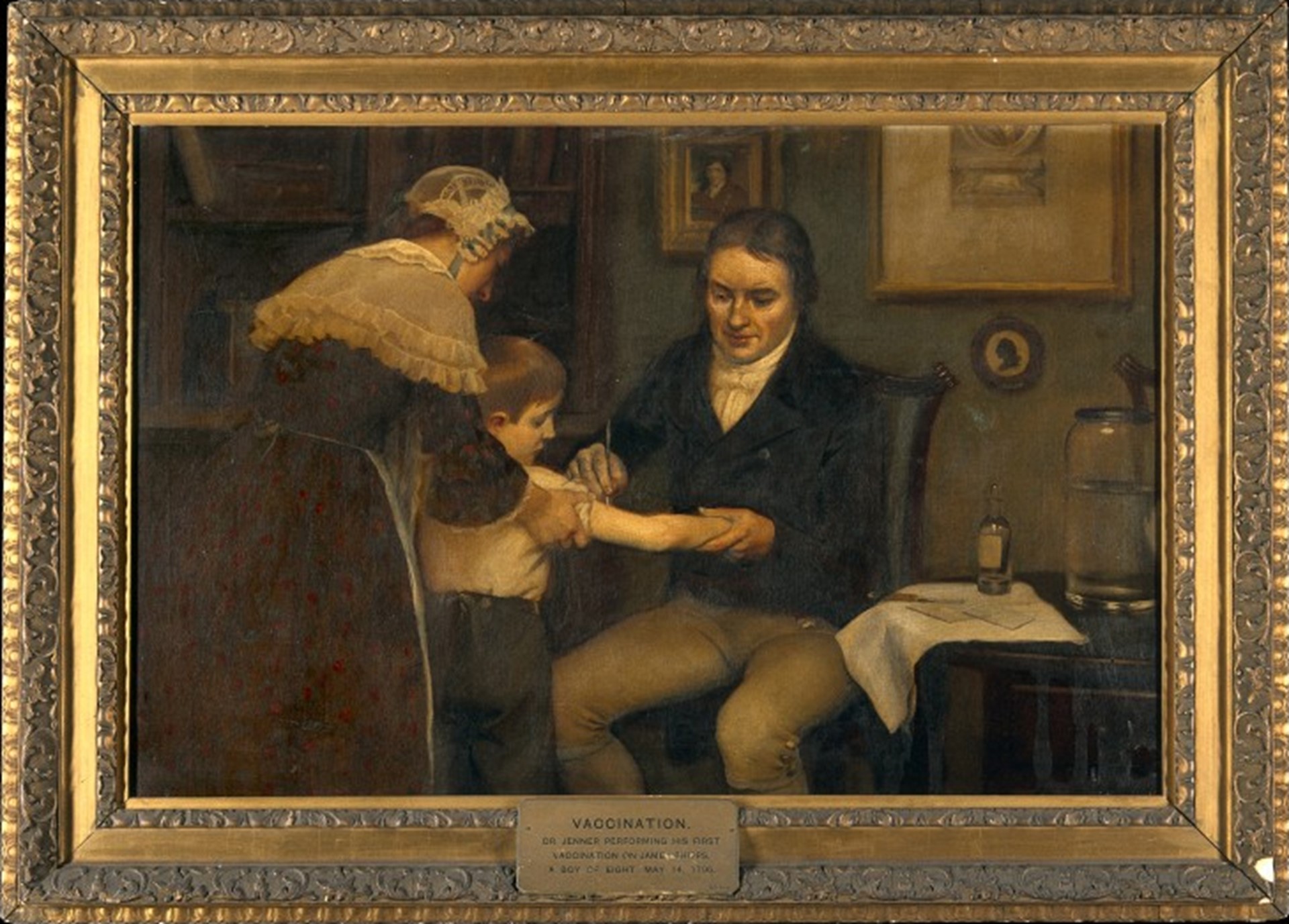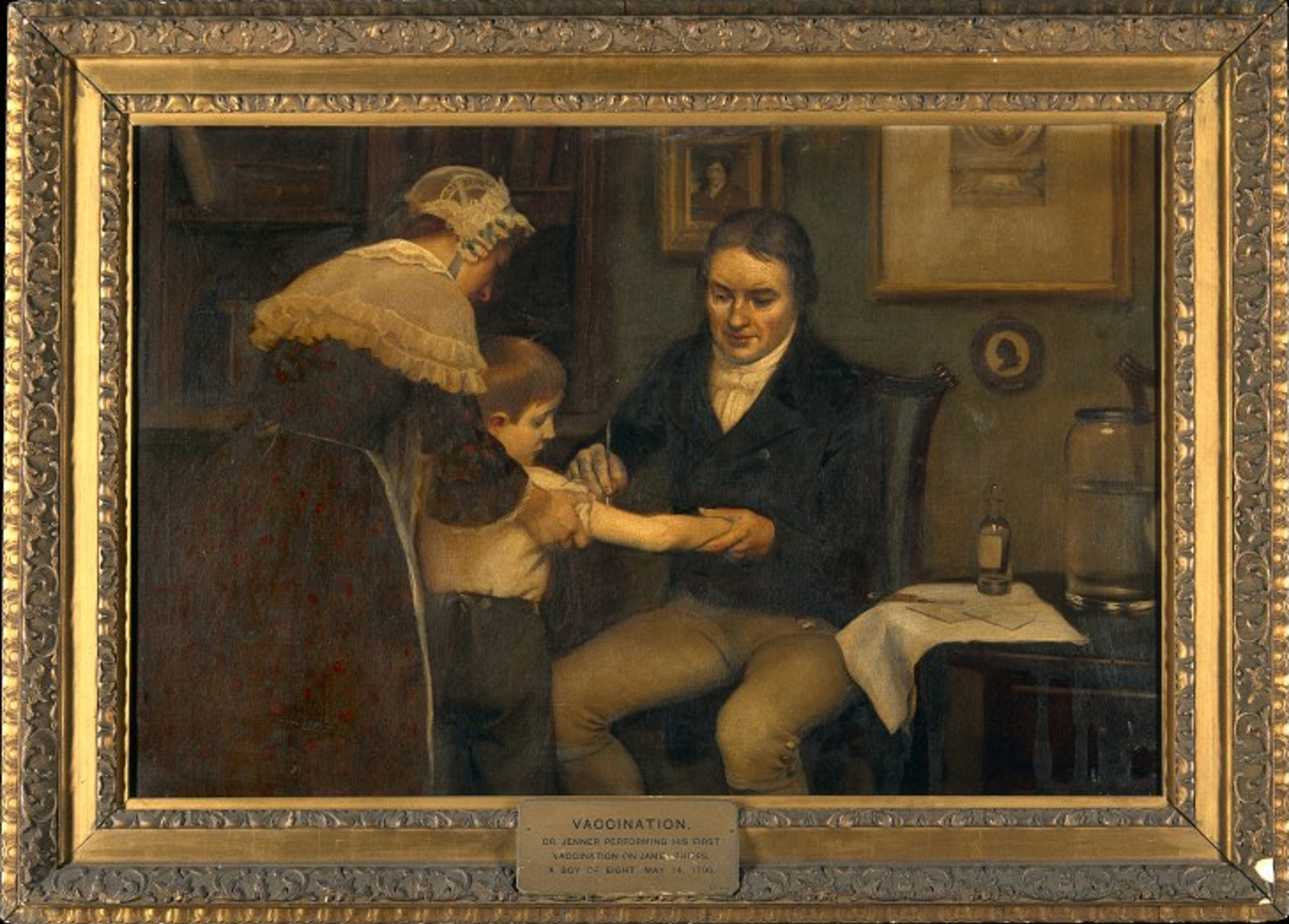COVID-19 Vaccination – Safe to Care

Published: 08/04/2020
Vaccination is arguably the greatest gift science has bequeathed to mankind. It saved the lives of 100s millions of people over many years. Most of our team has now had the first vaccine dose, helping us maintain our No1 Priority – a safe service. #caregivers #team #covid19safety
At Right at Home safety is No.1 Priority. Our Team Leaders, as well as the majority of our carer team, are now vaccinated. The NHS system seems well organised and most of us had no queue at all. Many thanks to the very welcoming, Paxton Green Health Centre.
The vaccination is not compulsory for staff, but we want our carers to be safe and to do everything we can to help keep our vulnerable clients safe as well. Our vulnerable clients are the most at risk of the worst effects of the virus.
So how did vaccination start?
Great Invention
Vaccines are arguably science’s greatest invention. It is shocking to think when our great grandparents were born 150 years ago or so, the average life expectancy was just 40 for men and 42 for women.
As recently as 1967, 15 million people died every year from the smallpox virus, which killed one in three people it infected. It is estimated to have killed 300 million in the 20th century. There is evidence of vaccines against smallpox being dispensed for centuries (originally in China). Following a worldwide vaccination programme in the late 1960s the awful disease was eradicated by 1979.
In 1798, Edward Jenner, a doctor in Gloucestershire, established the vaccination procedure by introducing material from a cowpox blister on Sarah Nelmes, a milkmaid, into the arm of a boy named James Phipps. Two months later he infected the boy with smallpox and the disease did not develop. So the science behind vaccination is definitely not new!
So what are the benefits?
Curing Disease
Vaccines prevent, reduce or treat many deadly diseases including:
- diphtheria
- tetanus
- pertussis (whooping cough)
- poliomyelitis (polio)
- measles
- mumps
- rubella
- haemophilus influenzaetype b infections
- hepatitis B
- influenza
- pneumococcal infections
- cholera
- hepatitis A
- meningococcal disease
- plague
- rabies
- bat lyssavirus
- yellow fever
- Japanese encephalitis
- Q fever
- tuberculosis
- typhoid
- varicella-zoster (chickenpox)
The Pfizer/BioNTech vaccine was tested on over 42,000 volunteers; the Moderna vaccine on over 30,000 volunteers; and the Oxford/AstraZeneca vaccine on over 10,000 volunteers. So, all three have been tested far more extensively than the usual requirement for testing, which is between 1,000 – 5,000 volunteers.

The vaccines approved for use in the UK have met strict standards of safety, quality and effectiveness set out by the independent Medicines and Health care products Regulatory Agency (MHRA).
So far, several million people have been given a COVID-19 vaccine and reports of serious side effects, such as allergic reactions, have been very rare. No long-term complications have been reported.
Any coronavirus vaccine that is approved must go through all the clinical trials and safety checks all other licensed medicines go through. The MHRA follows international standards of safety and all three of the vaccines have been fully approved and confirmed as safe by the MHRA.
But what about the side effects?
Most people will not experience side effects, but for those who do, these should be mild and only last a few days. These may include: a sore arm where the needle went in; feeling tired; a headache; feeling achy; feeling or being sick. You can take painkillers, such as paracetamol, if you need to. The key point is side effects should only be short term.
Getting vaccinated is therefore a key pary of our strategy to ensure we are safe to care.
